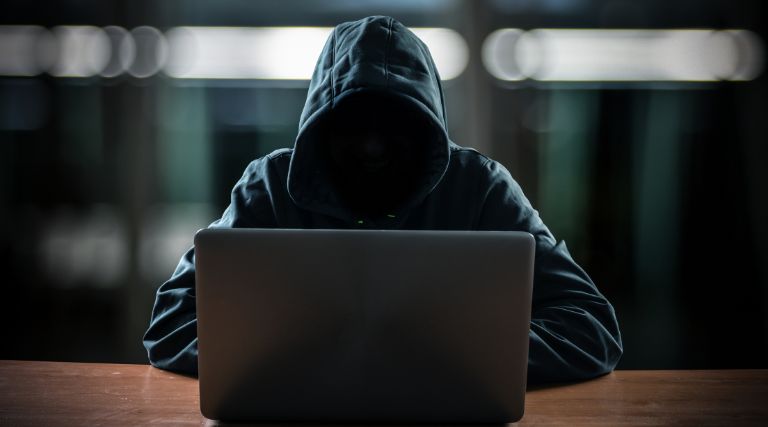Cybersecurity Tips for SMBs
As a managed IT services provider, we know that cyberattacks are on the rise, and no business is too small to be a target. Recent reports reveal that hackers are utilising botnets – armies of compromised devices – to carry out widescale attacks on businesses of all sizes. No organisation can afford to ignore cybersecurity in today’s digital landscape.
What is a Botnet?
A botnet is a network of private computers, devices and internet-connected systems that have been infiltrated and compromised by malicious software. Once infected, these machines can be controlled remotely by cybercriminals.
Botnets are often made up of home computers and internet-connected devices like routers, webcams and digital video recorders. Hackers take advantage of weaknesses in software to install malware that allows them to commandeer the device.
Criminals can grow massive botnets numbering in the thousands or even millions of devices. These powerful networks are used to conduct coordinated, large-scale cyberattacks and illegal activities, including:
- Sending spam emails and phishing scams.
- Launching distributed denial of service (DDoS) attacks to take down websites and web servers.
- Stealing personal and financial data.
- Mining cryptocurrency using the processing power of infected machines.
- Launching click fraud scams by artificially generating clicks on ads.
- Scanning networks and websites for vulnerabilities to exploit.
Botnets allow cybercriminals to wage attacks on a massive scale by distributing malicious tasks across many infected devices. Even basic home devices can be weaponised when hacked.
The key is stopping devices from being infected in the first place through good security practices. But once part of a botnet, they can be difficult to detect and remove.
Worrying Statistics
- Research indicates that around 2,220 cyberattacks happen daily, with over 800,000 attacks occurring yearly.
- 10,000 machines are actively involved in malicious attacks online at any given time, with sometimes up to 20,000 machines involved.
- On 5th and 6th January, massive botnet spikes involving over a million machines were observed.
Scary stuff indeed.
Top Tips
While hacking can seem high-tech and sophisticated, there are simple precautions you can take to protect your business. Follow these security tips to keep your data, devices and systems safe from botnets and cybercriminals:
Keep Your Software Up to Date – One of the easiest ways to close security gaps is by installing the latest software updates which often include fixes for known vulnerabilities. Ensure your operating systems, browsers, apps, and other programmes are always up-to-date.
Use Strong Passwords and a Password Management Tool – Complex and unique passwords are a must for securing your accounts. Consider using a password manager to generate and store strong credentials for each account. Enforce strong password policies.
Enable Two-Factor Authentication – Take your logins a step further by enabling two-factor authentication, which requires a second form of identity verification, such as a code sent to your phone.
Beware of Phishing Scams – Train your personnel to identify suspicious emails, links, attachments and phone calls that aim to steal personal information through deception. Delete unsolicited messages.
Use a Virtual Private Network (VPN) – Encrypt your internet connection and prevent unauthorised access to your data by using a VPN when on public Wi-Fi networks.
Backup Your Data Regularly – Frequently back up critical business and customer data either on the cloud or an external hard drive to ensure it can be restored if lost due to an attack. Communicate and enforce policies around how staff handle and transmit data.
Install Security Software – a good firewall and antivirus software, kept up to date on all devices, is crucial for combatting ransomware attacks and data theft.
Employ Penetration Tests – Conduct periodic penetration tests to identify and mitigate vulnerabilities in your systems before criminals can find them.
Educate Yourselves – Take advantage of the Cyber Essentials Certification, and regularly train all staff on the risks of cybercrime and how to protect themselves and the business.
Final Thoughts
As threats in cyberspace rapidly evolve, an ongoing focus on security is a must. Contact our team for a consultation on implementing a customised cybersecurity strategy or training programme for your business. Don’t leave the door open for hackers and their armies of botnets.


